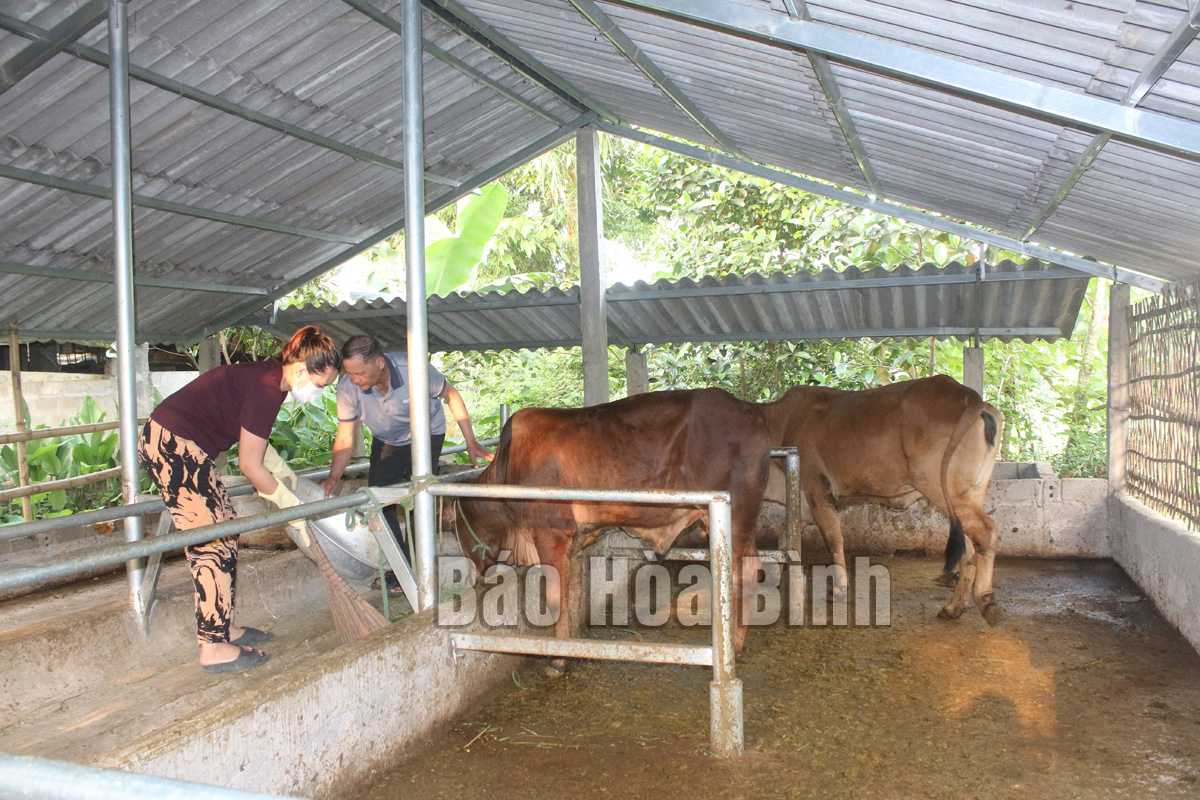(HBO) - Da Bac is the only poor district of Hoa Binh province, with all of its 17 communes inhabited by ethnic minority people.
Ethnic minority groups in Da Bac district receive support to escape from poverty.
According to Dinh Thi
Nam, head of the district’s Bureau for Ethnic Affairs, ethnic minorities make
up about 90% of the local population, of whom Tay people account for nearly
42%, Muong over 33% and others.
The district counts 13 communes and seven villages classified as extremely
disadvantaged.
All-level Party Committees, authorities and agencies in Da Bac have paid
attention to ethnic affairs, considering them a strategic issue for both short and
long terms.
The Party, the State and Hoa Binh province have rolled out various programmes,
projects and policies on ethnic affairs as well as the extremely disadvantaged
areas, focusing on infrastructure construction and livelihood assistance.
However, due to the local socio-economic situation, Da Bac has yet to
completely escape from poverty.
Although the rate of the poor households in the locality has dropped by 5.8%,
poverty still remains a major challenge to Da Bac as the number of poor households
among the ethnic minority groups makes up more than 90% of the total.
Statistics show that, the district has 695 households in need of housing
support and 232 others face land issues. Up to 1,101 poor households in
extremely disadvantaged areas lack land or have no land for production.
Given this, Da Bac district has viewed the implementation of the national
target programme on socio-economic development in mountainous and ethnic
minority-inhabited areas for 2021-2025 a momentum for poverty reduction.
The district Party Committee and People’s Committee have requested building a
project on the implementation of the national target programme on the
socio-economic development in disadvantaged areas as well as priorities in the
work.
Da Bac is striving to double per capita income by 2025 from that in 2020, and
cut the number of poor ethnic minority households by 2.5-3%, with extremely
disadvantaged communes to drop from 4-4.5% and half of the communes to be
removed from the list. /.



